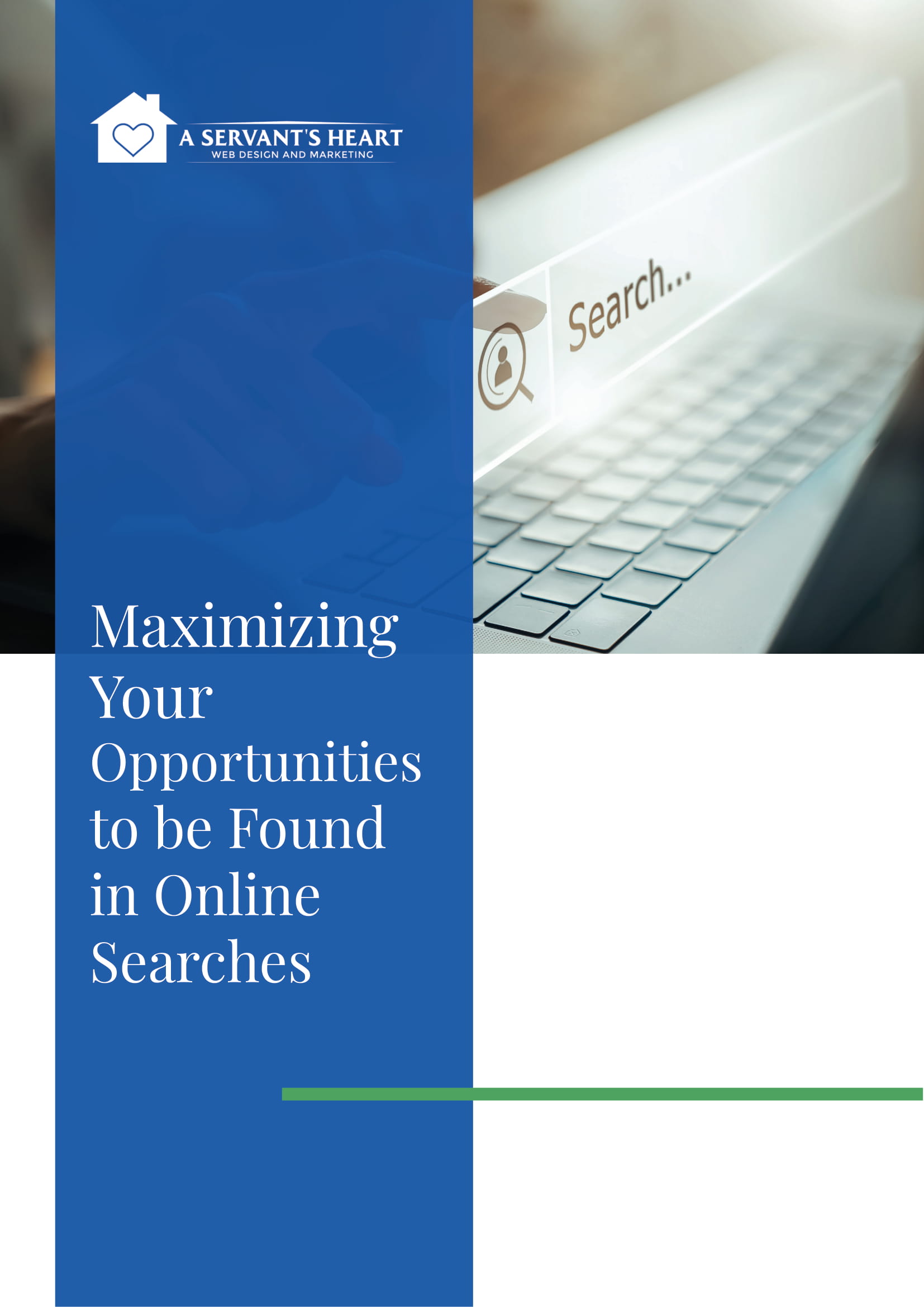
Author reputation matters more than ever when it comes to search. Google is well known for its experimentation with new features in search, and just as well known for abruptly killing them off. From personalized vs. global search toggle to in-depth articles, Google Authorship is subject to many fickle changes.
Last month, Google redefined once again what it considers to be low-quality content, as evidenced in its latest update to Google’s search quality rater guidelines. For the first time, “reputation of the creator of the content” is mentioned; in fact, it features prominently throughout that document. Also known as SQRG, these are principles that act as a guideline in training human raters responsible for evaluating the effectiveness of its search algorithms.
Their research provides a benchmark against which Google can determine how close their search results are to what actual live humans believe to be “quality content,” points out Search Engine Journal. It’s not a search ranking factor but it does provide a solid picture of what Google is looking for in the pages that will appear at the top of search results. Having author reputation and credibility included in the guidelines is pretty important stuff. It shows that the true goals of the Google Authorship project never really went away.
A Look at Google Authorship
Google Authorship used to be a feature appearing in Google search results for about three years, from 2011 to 2014. It allowed and even encouraged web authors to identify who they were with a rel=”author” attribute on the links that appeared between their byline on a page of content as well as a page for author profiles. Shortly after the authorship mark-up announcement, Google’s social network Google+ was showcased, which meant linking rel=”author” to an author’s Google+ profile would act as the top way to authenticate authorship. Authorship was phased out from search results by the end of summer 2014, seemingly gone forever. It’s baaaccck!
There are many possible factors the guidelines are now asking quality raters to keep an eye out for in terms of building out a search algorithm, such as:
- Unmistakable identification of the content creator appearing on the content page.
- Short biography about the author, either via a link or on the page.
- Content creators who are recognized entities, with the ability to be linked to sources that can back up their authority.
Building Relationships with Authors
Till now, everything has been focused on looking for websites that publish content provided by other people. This is what has been contributing to so many content farms, churn and burns, and black hat link building. It’s time to approach this from a different angle, starting with authors. Not only do influential authors and bloggers write stellar content, they also have access to channels in which they can distribute the content effectively, says Moz. On top of that, authors usually enjoy many positive relationships with respected industry publications to result in a competitive advantage.
It makes a lot more sense, then, to build relationships with authors rather than webmasters, particularly in regards to scaling high-quality link building.
Responsibilities of Authors
To be taken seriously and rank for authorship, content creators must follow some takeaways, such as:
- Work hard to establish expertise, authority, and trustworthiness, also known as EAT.
- Be active and responsive when it comes to all your social media platforms.
- Explore opportunities to be interviewed and quoted online.
- Publish content that is in line with your area of expertise in relevant publications.
- Request that your author bio on those publications link to your social media accounts and personal website, Wikipedia page or bio page on your company’s website.
In this era of fake news, it’s more important than ever to be authentic and trustworthy. Your reputation and that of those who create content for you will increasingly become a critical signal in establishing your online legacy.
Responsibilities of Publishers
Likewise, those who publish content must place a big emphasis on author reputation.
- Only accept content from creators with solid reputations and demonstrated expertise in their niche.
- Work with creators who have already appeared on high-quality sites.
- Choose authors with a clear, positive online presence.
- Provide prominence to your authors’ bylines within your content page by linking each byline to a detailed author bio page. Link to their social media profiles and any other reputable, relevant sites.
- Ensure all of your important content pages contain author information.
Contact A Servant’s Heart Web Design and Marketing
Our professionals are experts in SEO and all the updates that the industry is constantly barraged with. To benefit from this knowledge for development and design of your home care business website, contact us at (760) 227-2720. For more information or to request a website review and SEO consultation, get in touch today. We would be happy to let you in on more SEO secrets!


